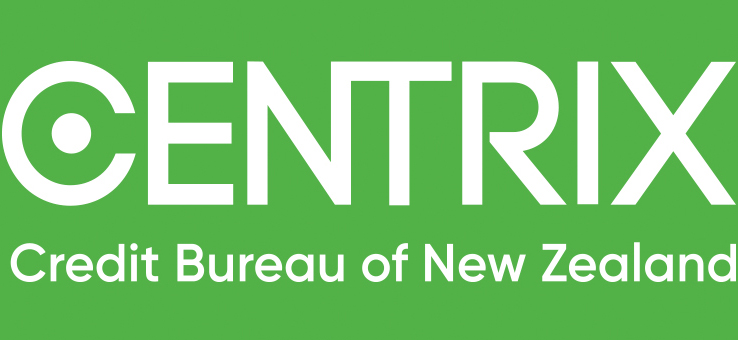Having robust Terms of Trade can save you a lot of money by addressing any potential future issues with new customers, from the outset of your relationship. Not only do clear terms give you an opportunity to set payment terms in your favour, they can also give you a clear recourse of action, should non-payment occur.
Adding correctly worded terms and conditions to your application forms are your first step in setting out a legally binding agreement with your customers – and to protect your business.
ONE: Credit checking helps you assess future risk
Best practice includes gaining permission to run a formal credit and reference checking procedure, to get more detailed information on your prospective customers. You will need permission to credit check consumers and company directors, however, you can get a business credit report on any NZ business, without needing their permission. A business or consumer credit report will give you a credit score for each new customer, before you start doing business with them.
Once you have a consumer credit report or business credit report for your prospective customer, you can decide what level of risk you are prepared to take when doing business with them. You can create customer categories based on similar risk profiles, and if appropriate, you can register security on goods supplied.
Under the new Personal Property Securities Act (PPSR), the same documentation can be used to ensure your business is treated as a secured creditor, putting you in the best position to get paid, even if one of your customers files for bankruptcy.
TWO: Favourable payment terms can protect your cashflow
Payment disputes can be avoided if there are clear terms in writing, before work is started or goods are supplied. Many businesses supply goods and services based on informal agreements, which are open to misinterpretation and difficult to enforce when things go wrong.
It’s a good idea to send your Terms of Trade when a quote is provided (not the invoice) and ensure you advise your customer that by accepting the quote, they are accepting the payment terms. Choose payment terms that allow you to be paid early, in case of future cashflow issues.
THREE: Clarity over debt collection saves money
Your Terms of Trade should include a clause that allows you to send your customer to a debt collection agency if they haven’t paid within a certain period. This can be brought into play in the event of a dispute or payment issue, without the need to file legal action.
It’s good to know that if you wish to make the customer liable for collection costs, then they must be made aware of this before they sign up to your services. It is best practice to include in your Terms of Trade your intention to refer overdue accounts to your debt collection agency or solicitor and the right to add costs.
If payment is late, try to identify any affordability issues, or unresolved disputes the customer may have over pricing or returned goods. Resolving any issues promptly encourages faster payment of outstanding accounts.
If the payment issues continue or can’t be resolved, it’s advisable to start collection action on overdue accounts swiftly, as other creditors may already be chasing the same customers.
Throughout the process, ensure you have well documented procedures for your staff to follow and make sure notes are retained on any credit control action.
Terms of trade checklist
Ensure your application form includes a consent clause that enables you to:
- Undertake credit/reference and ID verification checks
- The ability to add legal and collection costs incurred if the account is unpaid
- Register security over any goods supplied using the PPSR (if applicable)
Risk monitoring
Our final tip – monitor your customers to ensure that they stay within your payment and credit limit terms or within acceptable variances. This is particularly important at the start of the relationship to reinforce the expectation you expect to be paid in accordance with the agreed terms.
Regularly checking your customers’ credit report, credit score and recent payment history can help you to identify and manage any at-risk accounts early, to improve your chances of getting paid.

